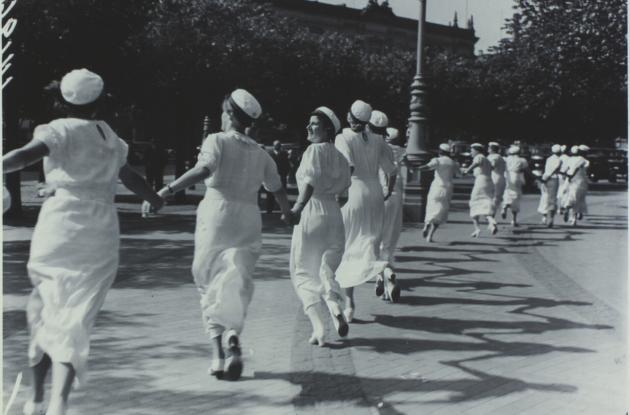Political milestones for women
The women's movement's struggle to provide women with the same formal rights as men took most of 100 years. Here is an overview of the most important victories.
1857: The Business Act, the Inheritance Act and the Authority Act are passed. This means, among other things, that unmarried women have the same right to a trade license as men, that unmarried women inherit on an equal footing with male relatives, and that unmarried women come of age when they turn 25 years old.
1875: Women gain access to the university except the Faculty of Theology.
1880: Married women are given full control over their own income.
1899: Married women gain full legal capacity.
1908: Women get municipal suffrage and eligibility.
1915: Women gain political suffrage and eligibility.
1919: Law on equal pay in the state. However, married men receive a maintenance allowance, whether they have children or not, while widows with children do not receive it.
1921: Women gain access to the entire public labour market, except the church and the military.
1922: Married women are given equal custody of their own children, as well as the right to be considered as holders of custody in the event of divorce.
1931: Married women are given the right to keep already obtained trade licenses when they get married.
1943: A verdict is handed down that it is illegal to dismiss women from public office due to marriage.
1947: Women gain access to the priesthood.
1961: Women can apply to keep their own surname when married.
1971: Women gain access to the military.
1973: Law on free abortion.
1976: Law on equal pay between men and women in the entire labour market.
1978: Law on equal treatment for men and women in the labour market.
1982: Women automatically retain their own surname upon marriage.
1983: Joint taxation is abolished.
